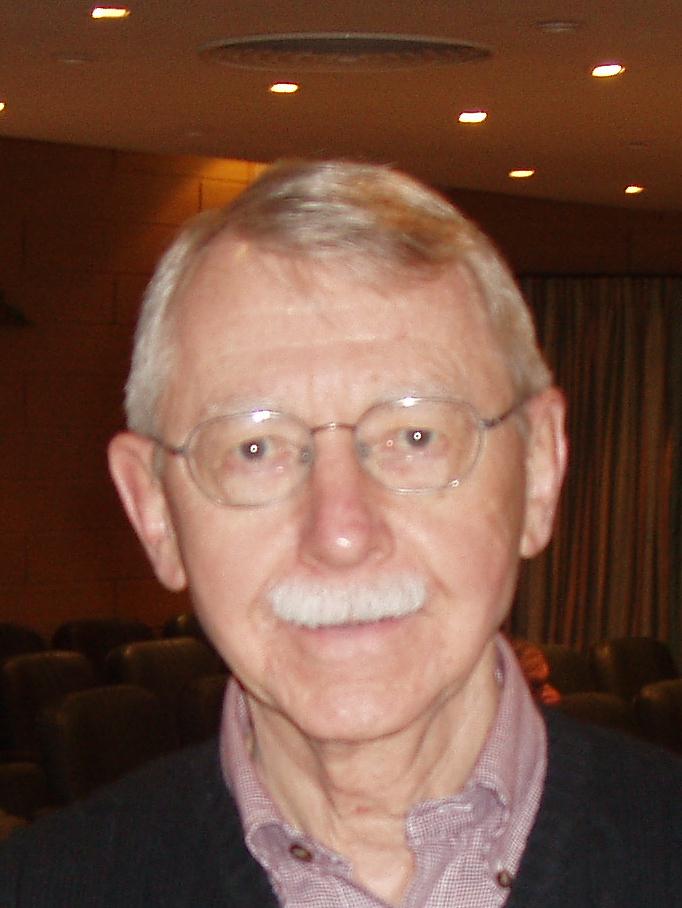
In his first article, Glenn Deckert traced the history of the “tentmaking” approach from Moses through Jesus to Paul and others in the early Christian movement. Last week, Deckert explored the advantages enjoyed by global professionals, and the steps one may take to prepare for such opportunities. This final post in the series explores some of the encouragement scripture offers to the global professional.
____________________
By way of reminder, a global professional’s distinctive is being ready and eager to take on employment and residence in a society where the Christian gospel is relatively unknown. He or she is determined to provide verbal witness to the person and work of Jesus Christ while glorifying God through commendable job performance. Securing full-time employment in a target country of choice is a proven approach toward fulfilling the Lord’s great commission of making disciples in all nations. Toward that end, global professionals can gain much encouragement from several Biblical truths. This is a long-term undertaking that is sustained in great measure by clear understanding of some basic Scriptural teachings.
First, the Scriptures hold in high regard a person’s diligent labor in any honorable field of employment. In the creation account God placed man in the Garden of Eden “to work it and keep it” (Genesis 2:15). As God formed the nation of Israel and instructed his people, we learn that the Spirit of God appointed and empowered Bezalel and Oholiab “with ability and intelligence, with knowledge and with all craftsmanship, . . . to work in every craft” for the articles and equipment needed for worship of a holy God (Exodus 31). From the New Testament we can conclude that Jesus Christ, the incarnate God, spent roughly fifteen years working quietly as a carpenter before beginning his three years of public ministry. This high regard for physical labor, and by implication for mental endeavors as well, is nowhere rescinded in Scripture. The Apostle Paul, an experienced tentmaker, wrote to the Colossian believers “whatever you do, work at it with all your heart, as working for the Lord” (Colossians 3:23). Throughout the Bible, work well done by his own people honors God and brings him pleasure. This truth is a tonic for the joyful performance of a purpose-driven employed global professional.
Second, while the professional is at work, God too is always at work as Jesus himself testified: “My Father is always at his work to this very day” (John 5:17 NIV). The open overseas job opportunity is a sign of God’s sovereign hand at work. Similarly, the many people the professional meets by means of that job, colleagues clients, students, and neighbors, are not there by mere chance, but by God’s own oversight. Also, within each of those individuals is a God-given conscience no matter how distorted or clouded it may function through counter claims and local cultural values. Further, God the Holy Spirit is at work provoking those consciences, convicting them of sin, righteousness, and judgment (John 16:8). All of a global professional’s new acquaintances are at some point of a spiritual journey no matter how far off the track they may seem to be. Some have attended to the light of natural revelation, some are coping with their own experience while questioning the prevailing belief system. Some are inclined to casting all religious claims aside, and yet long for what might fill and satisfy an inner void. It is to people of these sorts that the global professional has come and is keen to pick up on any expression of need, wonder, or hurt with a relevant word from Scripture or a comment on personal experience.
Third, the professional does well to embrace another lesson from the Scriptures while living and working among people who have never heard and understood the gospel. Scripture affirms that when two voices speak the same truth the message is more credible. The Mosaic law states, “Only on the evidence of two witnesses or of three . . . shall a charge be established” (Deuteronomy 19:15). Jesus himself in countering the arguments of the Pharisees said “it is written that the testimony of two people is true” (John 8:17). No doubt Jesus had this truth in mind when he commissioned the twelve, and then the seventy-two, to work in pairs in bearing witness to Jesus and the unfolding Kingdom of God. Paul the apostle invariably travelled with at least one or two others on his missionary journeys. So today’s global professional must ever be on the alert to somehow involve the voice of another believer in witness to an unbeliever, be it a fellow professional, one’s own spouse, or a willing local believer. He or she arranges occasions so that a colleague, a client, or a neighbor may have the benefit of a dual witness to the Savior. How powerful and appropriate it is for a group of Christian professionals, perhaps with different kinds of expertise, to plan on working in the same unreached community abroad with a united voice in witness to Christ.
Other Scriptural truths may be of equal relevance to a venturing global professional. There is the promise of God’s guidance, the truth that one may mainly sow and another be privileged to gather the fruit of someone else’s faithful sowing. Jesus’ parable teaches that the soils with which people work when sowing the seed may be more or less fertile and productive than where another labors. That contrast we saw personally when reflecting on our time in Saudi Arabia and later in Hong Kong. Global professionals work in all kinds of soil conditions: one reaps where another has sown, one sows where another has worked the soil, and the one who works the soil rejoices that someone else earlier moved away the boulders to make plowing and sowing possible. Certainly open doors of opportunity as well as closed doors are all under God’s sovereign rule. These and other Scriptural teachings help to keep the global professional faithfully on task.

Glenn obtained M.A. degrees in New Testament and TESOL, and then a PhD from the University of Illinois focused on literacy in developing countries. Following campus ministry with InterVarsity Christian Fellowship, he held faculty positions for 18 years, including two Fulbright appointments, in universities in the Middle East, Asia, and Eastern Europe. He retired from the Department of Foreign Languages at Eastern Michigan University where he held a tenured position for 12 years.

Leave a Reply